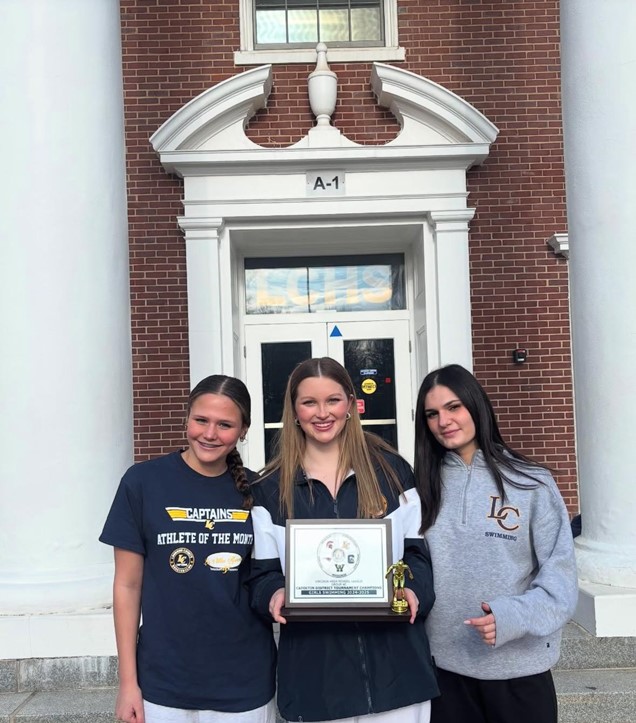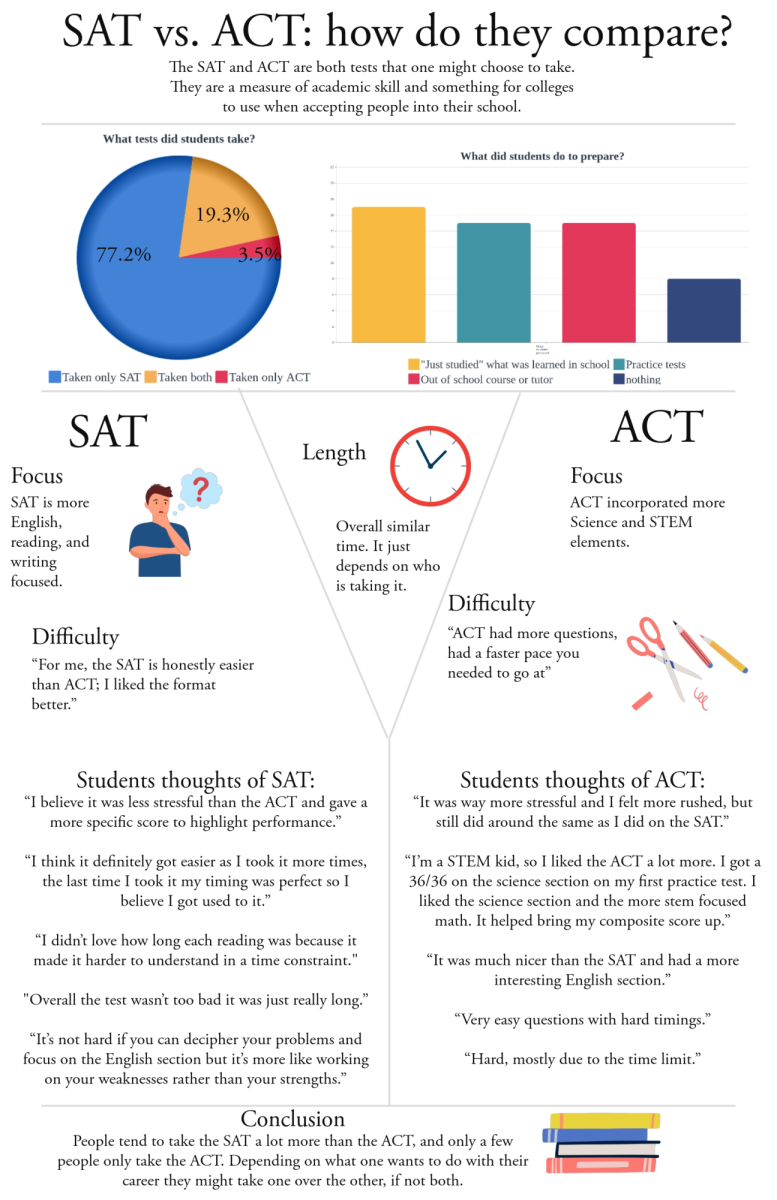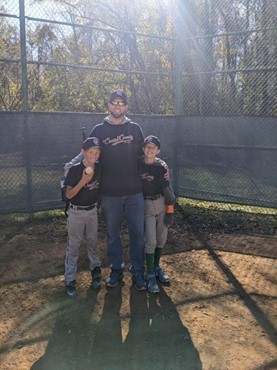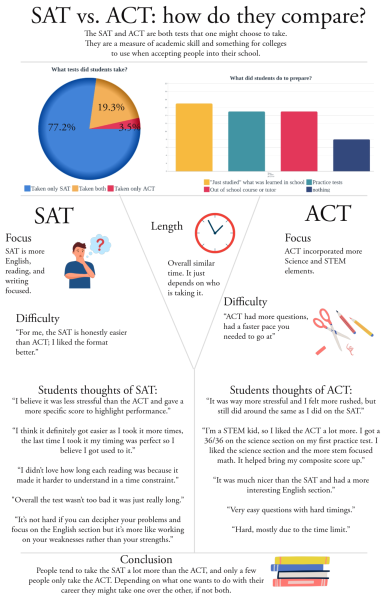Inadequate agricultural education in public schools is affecting the future of American farms
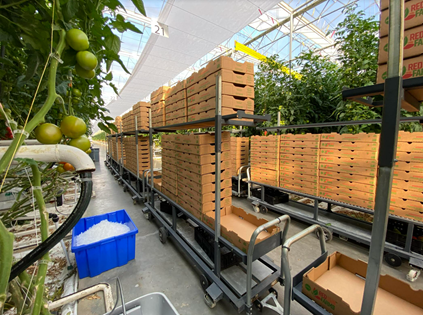
Red Sun Farms, Vertical Greenhouse located in Dublin, VA
Got citrus? Not anymore according to a 2023 USDA citrus production report. Globally, millions of tangerines, grapefruits, oranges, and other citrus’ are forecasted to go down in production in China, Turkey, Mexico, and The United States. America’s highest orange producing states, Florida, California, and Texas are producing in total 40,000 less oranges than they were in 2020-2021.
Though, this decrease in food production is not only applicable to citrus, other valuable crops such as wheat, will decrease immensely in production due to the thousands of acres of farm land are being sold. This is going to lead to a decrease of bread, cereal, and other grains we eat everyday.
Trying to make room for housing for an increasing population is making big businesses buy out farm acreage by the thousands each year.
About 39% of American adults believe that 7% of the food they consume is organically produced. If you ask the average high school student, most have no idea if their food is organically produced or made with GMOs. Most have no idea about the specific practices used by farmers to bring food to their table.
At County, of the dozens of courses offered, only one addresses agricultural practices. The fifth unit of AP Human Geography addresses agricultural patterns and land use processes that produce the food we consume on a daily basis.
AP Human Geography at County is taught by Mark Alexander, who has noticed that many students don’t know enough about agriculture or the food industry. “A lot of the stuff that we’re learning, kids are unaware of like what genetically modified foods are, where food comes from, the whole side of agro-business” Alexander said.
Most students aren’t aware of the process of food production that brings us the food we consume on a daily basis, which makes the education on these processes crucial for our health. This unawareness leads to young people feeling an intense shock while watching very realistic films covering the food and agriculture industry such as Food Inc. or Forks Over Knives, films that we as students have easy access to but have no background knowledge of.
Since a class teaching solely about agricultural practices and food production isn’t offered at County and AP Human Geography is an elective class, Alexander says, “It is not required, but should it be? Probably.”
Students have the ability to ask questions about the food we consume even in the school building, but our lack of knowledge on this topic makes a conversation so much harder. “Just bringing awareness to it [food sustainability] will hopefully allow us to eat better, save family farms, and make a difference.” Alexander said.
LCHS and MATA graduate Arleen Martinez had an interest in learning more about agricultural technology. Having also graduated from Virginia Tech with an associates degree in Agriculture, she now works hands-on in a vertical farm for Beanstalk farms. Vertical farming is a modern-day method of agriculture which involves a very controlled man-made environment which is rapidly increasing food production each year.
Though there are evolving methods of farming such as vertical farming, we keep seeing students steering away from the industry because of the type of work being portrayed. “There is a stereotype that when it comes to farming, that it’s all just hands-on hard work,” Martinez said, “which it is, but there’s also aspects of science and business as well, not just being in a field.”
“I think if more students were exposed to actually growing and the importance of agriculture and if schools emphasized on how much we need it, I think more people would be interested in it,” Martinez said.
Though, there is hope for students wanting to pursue a career in agriculture. The Monroe Advanced Technical Academy through the Academies of Loudoun provides two, one-year courses teaching about environmental and human practices and the effects on each other. Environmental Plant Science is a course covering sustainable landscape practices, business practices, horticulture, and environmental responsibility. Biotechnology is a course covering the effects living organisms have on human health and ways of living such as natural medicine, agriculture, and environmental sustainability.
For those working in the agriculture industry already, The New Ag School opened up in 2017 as a training and mentoring center for people interested in learning about horticulture and for farm employees who want a deeper understanding about horticulture.
Since 2017, the census has shown that there has been a decrease in farm acreage since 2012 with small farms disappearing and experienced farmers getting older. The percentage of senior farmers is heavily outweighing the younger with six times more farmers over the age of 65 with an average age of 57 than farmers 34 and under.
Starting small is what can really get students thinking about a future in studying agriculture and agro-business which can be as small as having a class covering agriculture itself.
“I think that if more high schools emphasized on how much we need it [agriculture], if more students were actually exposed to growing and the importance of agriculture, more people would be interested in it,” Martinez said.
Arleen Martinez is the sister of the writer of this article Brianna Martinez.
Your donation will support the student journalists of Loudoun County High School. Your contribution will allow us to purchase equipment and continue to print our issues for the students at our school.

Brianna Martinez is in her senior year at County. This is her second year on the newspaper staff and she plans to major in Journalism in college.







